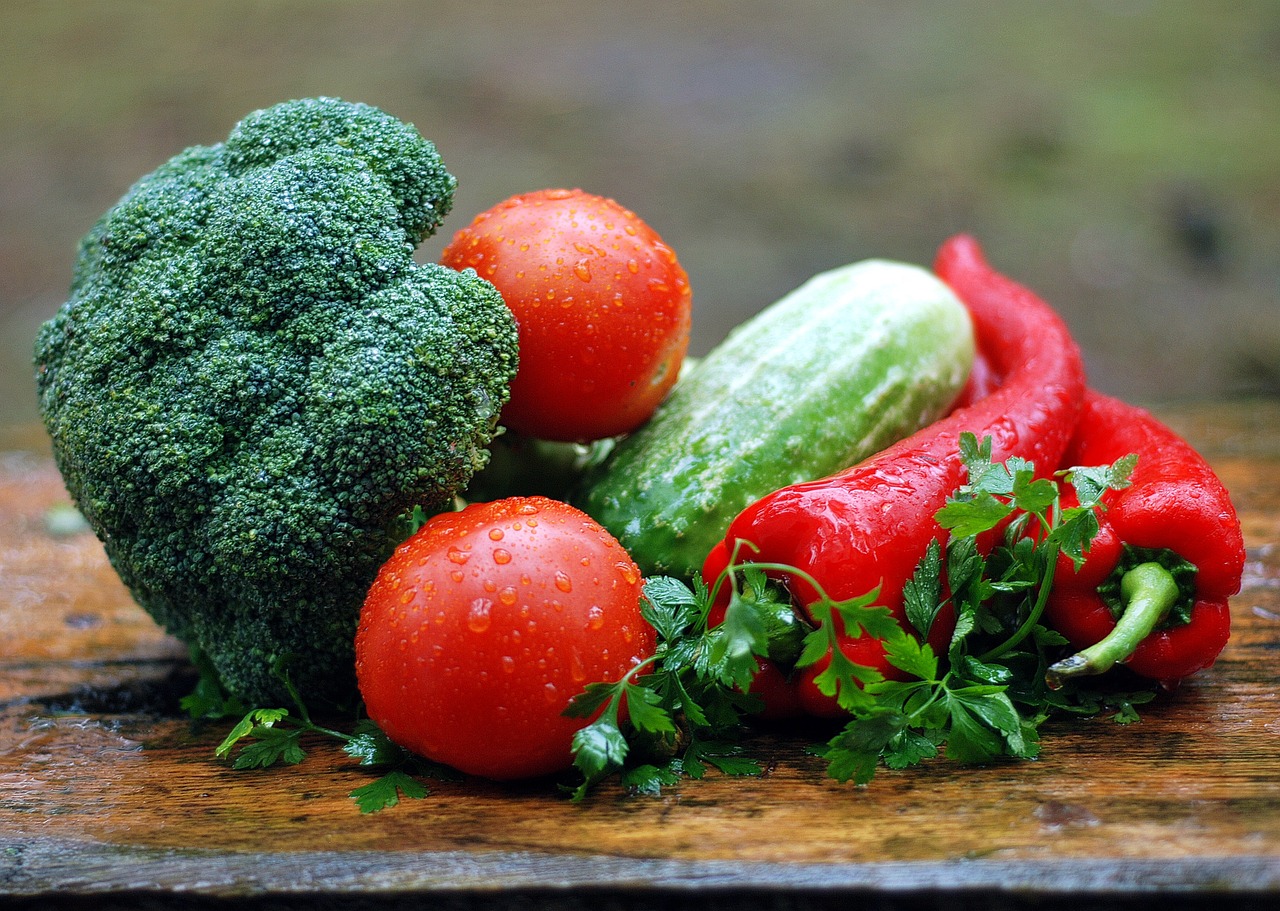Introduction: Your Body, Your Mind, Your New Journey
Welcoming your baby is a whirlwind of love, joy, and maybe a few tears—sometimes more than you expected. If you’re feeling moody, anxious, or just “off” after giving birth, you’re not alone. Those emotional ups and downs aren’t just about hormones or sleepless nights. There’s a surprising player in postpartum mood: your gut. The gut-brain axis, a two-way connection between your digestive system and your emotions, can influence how you feel during this tender time. By nurturing your gut, you can support your mental wellbeing and ease into motherhood with more calm. Let’s explore how this connection works and share practical ways to care for your gut and mood after baby. You’ve got this, mama!
The Gut-Brain Connection: A Simple Breakdown

How Your Gut Talks to Your Brain
Your gut and brain are like old friends, chatting constantly. They use a nerve called the vagus nerve, chemical signals like serotonin (the “happy chemical”), and your gut’s microbiome —billions of tiny bacteria—to communicate. This gut-brain axis shapes your mood, stress levels, and even how you think.
Shockingly, about 95% of serotonin is made in your gut, not your brain, per a 2018 Nature Reviews Gastroenterology study. A healthy gut keeps this mood-lifter flowing, but an imbalance can leave you feeling low.
Why It Matters Postpartum
After birth, your gut-brain connection can get wobbly, making mood swings more intense. Supporting your gut is like giving your brain a helping hand to stay steady.
How Pregnancy and Birth Shake Up Your Gut
-
Hormonal Rollercoaster
Pregnancy floods your body with hormones like progesterone and estrogen, which slow digestion and can cause constipation. After delivery, these hormones plummet, disrupting gut function. This shift can affect your microbiome and mood, per a 2020 Frontiers in Endocrinology study.
-
Physical Changes
Your growing baby squishes your digestive organs, changing how they work. Postpartum, it takes weeks for things to settle back. This can mess with digestion and gut bacteria balance.
-
Microbiome Makeover
A 2019 Cell study found your gut microbiome transforms during pregnancy, becoming less diverse by the third trimester. It may take months to recover, impacting serotonin production and mood.
-
Birth and Meds
C-sections or antibiotics during labor, while sometimes lifesaving, can zap good gut bacteria. This temporary disruption, noted in a 2021 Microbiome study, can affect gut health and emotional wellbeing.
-
New Mom Life
Irregular meals, stress, and sleepless nights—sound familiar? These postpartum realities can throw your gut off, creating a ripple effect on your mood.
Gut Health and Your Postpartum Mood

Postpartum mood challenges can be linked to gut health.
The Perfect Storm
Postpartum life combines hormonal dives, physical recovery, and new-mom stress. These can disrupt your gut, leading to mood challenges like anxiety or sadness. A 2020 Psychoneuroendocrinology study linked gut bacteria differences to postpartum depression.
How It Happens
- Inflammation: An unhappy gut can spark body-wide inflammation, which is tied to depression, per a 2019 Brain, Behavior, and Immunity study.
- Serotonin Dip: Poor gut health can cut serotonin production, making you feel blue.
- Stress Overload: An imbalanced gut makes stress harder to handle, amplifying anxiety.
- Nutrient Gaps: A struggling gut may not absorb mood-boosting nutrients like B vitamins or magnesium well.
The Hopeful Side
You can support your gut to lift your mood. Small changes can break this cycle and help you feel more like yourself.
Simple Ways to Nurture Your Gut Postpartum
Eat Gut-Loving Foods

Nourish your gut with a variety of healthy foods.
Your plate can be a powerful tool for gut health and mental wellbeing. Try these:
- Fiber-Packed Foods: Veggies, fruits, beans, and oats feed good bacteria. Add slowly to avoid bloating.
- Fermented Foods: A spoonful of yogurt, kefir, or sauerkraut daily adds probiotics, per a 2021 Nutrients study.
- Omega-3s: Salmon, walnuts, or chia seeds fight inflammation, supporting gut and brain health.
- Colorful Produce: Berries, carrots, and greens offer plant compounds that boost gut diversity.
- Protein: Eggs, chicken, or tofu aid healing and stabilize energy.
Example: Blend a smoothie with yogurt, berries, and chia seeds for a quick, gut-friendly breakfast.
Stay Hydrated

Water keeps your gut’s protective lining healthy, especially if breastfeeding. Keep a bottle nearby and aim for 10–12 cups daily. Herbal teas like chamomile count, too.
Move Gently

Once your doctor gives the green light, try a 10-minute walk with your stroller or postpartum yoga. Movement improves digestion and lowers stress, per a 2020 Journal of Women’s Health study.
Ease Stress
Even short moments of calm can make a big difference.
Stress can harm gut health, worsening mood. Try these mini-breaks:
- Breathe Deep: Three slow breaths when baby naps calm your nervous system.
- Quick Meditation: Two minutes of mindfulness during feeding works wonders.
- Connect: Chat with a friend or partner to feel supported.
- Accept Help: Let others cook or clean to lighten your load.
Prioritize Sleep (When You Can)
Rest whenever possible to support gut health and mood.
Sleep deprivation hurts gut health, per a 2019 Sleep Medicine study. Nap when baby does, share night feeds if possible, and keep screens out of your bedroom.
Consider Probiotics
Certain probiotics, like Lactobacillus and Bifidobacterium, may lift mood, per a 2019 Journal of Affective Disorders review. Ask your doctor if a supplement’s right for you.
Quick Tip: Start with one fermented food daily, like a small serving of kefir, to boost gut bacteria without overwhelming your system.
Knowing When to Get Help
Gut health can support mild mood dips, but postpartum mood disorders need more. Seek help if you have:
- Sadness or hopelessness lasting over two weeks
- Intense worry or panic attacks
- Trouble bonding with your baby
- Thoughts of harm to yourself or baby (call for help now)
- No interest in things you used to love
- Inability to function daily
Conclusion: Caring for You, Caring for Baby
Your postpartum journey is as unique as your baby’s tiny fingerprints. The gut-brain axis offers a new way to support your mood by caring for your digestive health. Start small—add a yogurt, sip water, take a walk, or breathe deeply. These steps nurture your gut, which can lift your spirits and energy. Be kind to yourself; healing takes time. By tending to your gut and mental wellbeing, you’re building strength to be the mom you want to be. If mood struggles persist, reach out for help—you’re never alone. What’s one small gut-friendly choice you’ll make today?
What’s one small gut-friendly choice you’ll make today?



